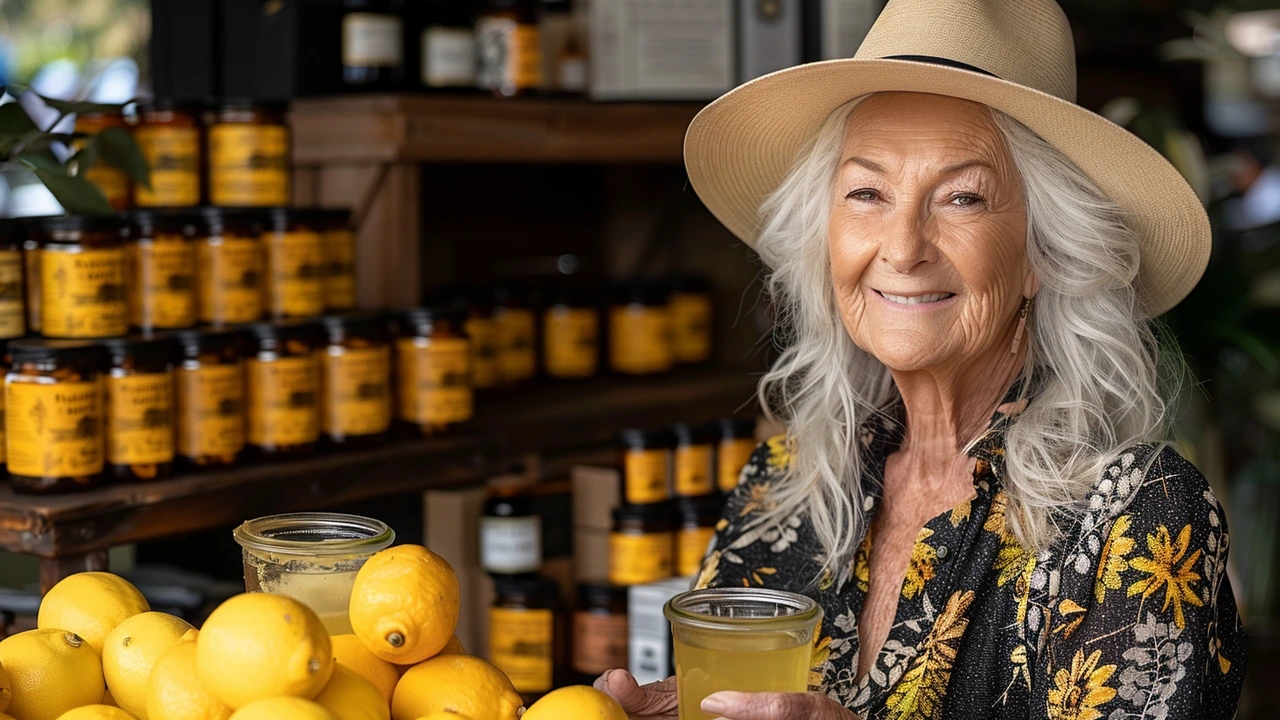Lemon Eucalyptus: What June 2024 Readers Need to Know
June’s top post covered why lemon eucalyptus is popping up on supplement labels and in home-care kits. You’ve probably seen it listed on insect repellents and natural wellness blends. This page sums up the practical takeaways: what it does, how people use it, and what to watch for before trying it yourself.
What lemon eucalyptus actually is and why it matters
Lemon eucalyptus comes from the Corymbia (formerly Eucalyptus) citriodora tree. The ingredient people talk about most is PMD (p-menthane-3,8-diol). PMD is proven to repel mosquitoes, and health agencies recognize it for that purpose. Beyond repellent action, lemon eucalyptus extracts are marketed for mild antioxidant and soothing effects, mainly in topical or inhaled forms. There’s limited human research showing clear internal health benefits, so think of it as supportive rather than a cure-all.
How to use it safely and effectively
Use the right form for the job. For bug protection, look for products with PMD listed on the label—these are effective for several hours. For inhalation or relaxation, add a few drops of lemon eucalyptus essential oil to a diffuser. If you want topical soothing, dilute essential oil in a carrier (like fractionated coconut oil) to a 1–3% concentration—about 6–18 drops per ounce of carrier. Never apply undiluted essential oil to skin.
Thinking of a capsule or tincture? Choose supplements from brands that provide a standardized extract and third-party testing. Labels should list active components and suggested dose. Because clinical evidence for internal use is limited, start with the lowest recommended dose and check with your healthcare provider, especially if you take medications.
Watch for these safety points: avoid giving lemon eucalyptus oil to children under 3. Pregnant or breastfeeding people should ask their clinician first. If you have asthma, epilepsy, or sensitive skin, test a small amount and stop use if you notice irritation, breathing trouble, or dizziness. Keep oils away from eyes and mucous membranes.
Want practical picks? For outdoor use grab a PMD-based repellent with clear hour protection listed. For home scenting or chest relief, use a diluted essential oil in a diffuser or steam inhalation. If buying supplements, prefer brands that show lab reports and clear dosing. And always read warnings.
If you tried lemon eucalyptus this month or plan to, focus on the form that matches your need—repellent, topical soothe, or aroma. It’s a useful plant-based option when used correctly, but it’s not a replacement for medical care. When in doubt, ask a pharmacist or doctor for personalized advice.

